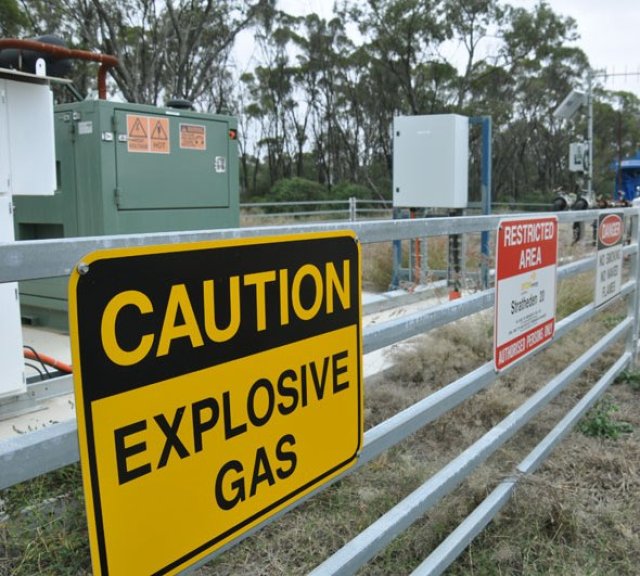
A new free trade deal to be signed this year could allow foreign corporations to sue the Australian government for introducing environmental regulations on coal seam gas (CSG).
Australia has joined 11 other countries — the United States, Malaysia, Brunei, Canada, Chile, Japan, Mexico, New Zealand, Peru, Singapore and Vietnam — in negotiations for the Trans-Pacific Partnership Agreement (TPP). Unlike most trade deals, other countries can sign on in the future.
The Australian government says it has sought a deal that “eliminates or at least substantially reduces barriers to trade and investment. The TPP is more than a traditional trade agreement; it will also deal with behind-the-border impediments to trade and investment.”
The TPP has been described as “the largest free trade agreement in the world”, but is being negotiated in total secrecy. Apart from 600 corporate advisors, the public and even members of US congress have been prevented from seeing details.
Despite this, parts of the draft agreement have been leaked.
One of the most controversial parts of the deal, which would impact on environmental protection, is a clause that would force participating countries into a process called investor-state dispute settlement (ISDS), which would allow foreign corporations to sue governments if investment was harmed.
This includes the right to claim damages if new regulations reduce investors’ expected profits, or “indirect expropriation”.
Disputes would be settled in an international tribunal judged by three corporate lawyers.
Under the Julia Gillard government, Australia initially refused to be part of this process, while agreeing to other parts of the trade deal. But on the day before the federal election, Prime Minister Tony Abbott announced the Coalition would accept the clause.
This has raised concerns that regulating the coal seam gas industry would become unlawful. Anti-CSG campaigners in NSW have built a powerful grassroots movement that is calling on the government to introduce a freeze on CSG exploration and mining, a ban on “fracking” and a ban on CSG development in drinking water catchments.
If the movement is successful, a future government that agrees to these demands could be hamstrung by international law. Protecting the profits of corporations would be prioritised over the decision of local communities to protect the environment from CSG.
This is what has happened in Canada after it signed the North American Free Trade Agreement. US energy company Long Pine is suing Quebec’s government for putting a moratorium on shale gas mining.
More than 70 community groups, including anti-CSG group Lock the Gate, have signed a letter to trade minister Andrew Robb to express their opposition to the TPP.
It said: “The inclusion of ISDS in more trade agreements … could cost taxpayers many millions of dollars, and would discourage governments from regulating in the public interest.
“We ask that your government reject these proposals in all trade agreements.”
The Australian government has already been burnt by an ISDS clause in a trade deal with Hong Kong. Lateline reported on October 10 that tobacco company Philip Morris is using the clause to sue the Australian government for introducing plain packaging for cigarettes.
Patricia Ranald from the Australian Fair Trade and Investment Network told Lateline: “Philip Morris could not sue Australia under the US-Australia Free Trade Agreement because we don't have ISDS in that agreement. Even the Howard government would not agree to ISDS. So they found an obscure Hong Kong-Australia investment agreement, shifted some investment to Hong Kong and they're now using that agreement to sue the Australian government.”
Dozens of law professionals have signed an open letter to warn TPP negotiators against the deal. It said: “We are united in our view that the foreign investor protections included in some recent Free Trade Agreements and Bilateral Investment Treaties and their enforcement through Investor-State arbitration should not be replicated in the TPP.
“We base this conclusion on concerns about how the expansion of this regime threatens to undermine the justice systems in our various countries and fundamentally shift the balance of power between investors, states and other affected parties in a manner that undermines fair resolution of legal disputes.”
Some free trade agreements include a clause that allows exceptions to safeguard environmental, health, labour and consumer protection policies. Citizen.org, which has analysed the leaked text, said there is no such safeguard in the TPP.
It is not just CSG regulations that could be affected by the deal. Restrictions on genetically modified food, preventing the development of coalmines, or creating new forest reserves could potentially fall under the scope of the agreement.
Free trade deals benefit corporations at the expense of the majority of people. The TPP is a threat to the environment and must be opposed.